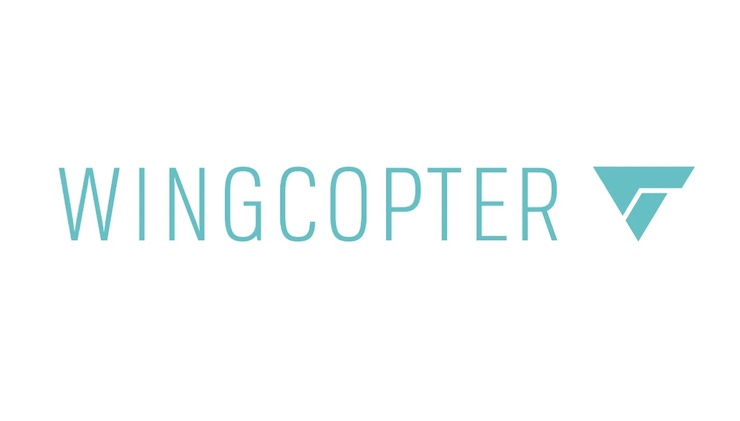
Wingcopter, one of the world’s leading drone delivery companies, is moving to expand its operations in the medical supply niche. In the past, the company has focused on achieving a sterling track record of performance in Africa – much like the South San Francisco-based company Zipline. But now the company is coming home – to its native Germany. And the effort, fueled by large infusions of new investment capital, is paying huge dividends.
Like Zipline, Wingcopter found that starting overseas in a largely unregulated drone environment allowed the company to perfect its operations before tackling a more tightly regulated domestic market. For German regulators, seeing Wingcopter in action elsewhere gave them confidence that the company could perform at a high level while flying over more heavily populated communities under stricter safety protocols.
So far, Wingcopter, unlike Zipline, has concentrated on its tried and true medical supply niche, without expanding into retail food deliveries. There’s a good reason for this: Wingcopter’s delivery mode isn’t really geared to direct point-to-point consumer delivery. Instead, the company flies cargo to a central receiving zone; electric road vehicles, usually bicycles, make the final leg of the delivery to individual homes, or the consumers travel to the reception zone to retrieve their goods.
Wingcopter just expanded its pilot delivery project in Michelstadt south of Hesse in a rural area in Germany’s northeast. Based on the project’s early success, local pharmacies in the area have decided to join the effort, which they believe will be especially helpful to elderly residents who face challenges with remote road transportation in the region.
“In many rural areas today, supply is severely limited due to the closure of smaller, local stores.” says Professor Dr. Kai-Oliver Schocke, Director of the Frankfurt UAS Research Lab for Urban Transport (ReLUT), which helped get the pilot off the ground – literally – last March. “From a socioeconomic perspective, this type of delivery is especially beneficial to citizens with limited mobility, such as the elderly or those without their own cars. In addition, the alternative transport option can result in economic and environmental benefits for the partners involved.”
Frank Buffleb, pharmacist and owner of Bären Apotheke in nearby Erbach, feels enthusiastic about the project’s likely impact on local supply options. “Here in rural areas, the long distances often make it difficult for sick people to get their medication quickly. We are therefore very pleased to be gaining initial experience with drone-based deliveries as part of the LieferMichel project,” he says.
Wingcopter has also begun exploring the use of hydrogen fuel cells in place of electric batteries as a power source for its drones, Because of its superior energy density, hydrogen holds the potential for extending the drone distances and continuous flight times, allowing UAVs to operate at scale on a Beyond Visual Line of Sight (BVLOS) basis. In initial experiments, Wingcopter engineers achieved a flight duration of over two hours with its ZALbatros hydrogen drone. The company is conducting the experiments with the Munich-based ZAL Center of Applied Aeronautical Research GmbH, which specializes in the development of new aircraft propulsion technologies.
Overall, Wingcopter hopes that its latest drone supply and technology development efforts will fuel further development of the Advanced Air Mobility Movement in Germany and elsewhere.
|